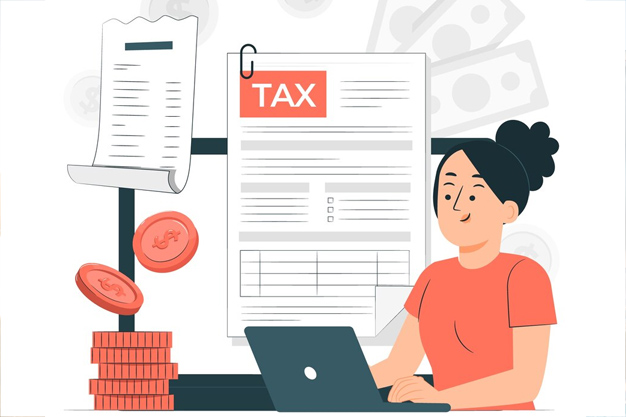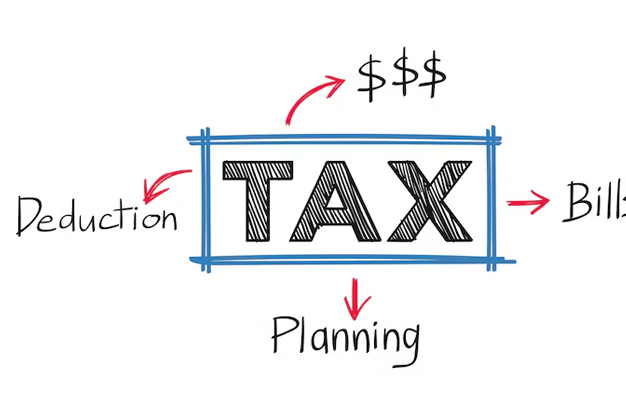
Easy Tax Planning Tips For Salaried Individuals: Are you a working individual and planning on how to make the most of your income while reducing your tax burden? With the right planning, it's possible to save a significant amount on taxes without any complex strategies. The key is understanding the various tax-saving opportunities available to you and incorporating them into your financial routine. In this article, we will tell you in detail about some easy tax planning tips for salaried individuals that you must consider:

The first step in effective tax planning is understanding your total taxable income. This includes your salary, bonuses, and any other income streams. By knowing exactly how much you earn, you can make informed decisions about how much tax you may need to pay. It’s important to remember that the more you reduce your taxable income, the less tax you’ll pay.
One of the most effective ways to reduce your taxable income is through tax-saving investments. Tax-saving investments help you reduce your taxable income while building long-term wealth. Options like PPF, ELSS, EPF, and tax-saving FDs are popular under Section 80C. You can also claim deductions for NPS contributions, health insurance premiums, and home loan payments. Choosing the right mix depends on your financial goals and risk appetite. These investments not only save taxes but also secure your future.

Make sure to claim all the tax allowances you're eligible for, such as House Rent Allowance (HRA), Leave Travel Allowance (LTA), and standard deductions. These can significantly reduce your taxable income. Keep proper documentation and bills to support your claims during tax filing.
Make sure you're aware of any allowances you’re entitled to and claim them where possible.
Don't miss: Old Tax Regime Vs New Tax Regime: Expert Suggests Which Is Better For You?
Section 80C allows you to save up to Rs. 150,000 on your taxable income, reducing your tax by Rs. 45,000 for those in the 30% tax bracket. Here are some key investment options that can help:
i) Life Insurance Premiums: Premiums paid for life insurance are deductible under 80C.
ii) Employee Provident Fund (EPF): Contributions to your EPF are eligible for tax benefits.
iii) School Fees: Tuition fees for your children are deductible under 80C.
iv) Home Loan Repayment: Principal repayment of your home loan qualifies for tax benefits under 80C. You can also claim up to Rs. 2,00,000 for home loan interest under Section 24.
Additionally, under Section 80D, you can claim up to Rs. 25,000 for medical insurance premiums for yourself, your spouse, and your children. If the insured is 60 or older, this increases to Rs. 30,000.
Don't miss: 6 Reasons To Choose Fixed Deposits (FDs) For Your Long-Term Financial Goals: Money Matters

Keep yourself updated with the latest tax-related updates from the government and always check your tax code. If your code is wrong, you could be paying more tax than you need to. Make sure your personal details, including your tax-free allowances, are correctly reflected in your code.
Note: Make sure to consult your financial advisor before making any finance and tax-related decisions.
For more such stories, stay tuned to HerZindagi.
Also watch this video
Herzindagi video
Our aim is to provide accurate, safe and expert verified information through our articles and social media handles. The remedies, advice and tips mentioned here are for general information only. Please consult your expert before trying any kind of health, beauty, life hacks or astrology related tips. For any feedback or complaint, contact us at compliant_gro@jagrannewmedia.com.